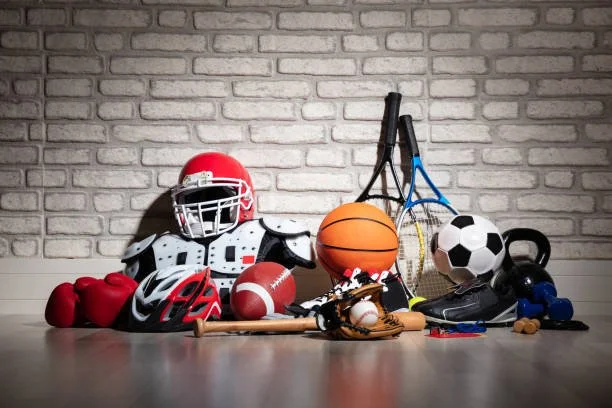Why Playing Multiple Sports as a Kid Matters More Than You Think
In today’s sports world, it’s easy to think early specialization is the fastest path to success. Parents often feel pressure to keep their child focused on one sport year-round — more reps, more lessons, more tournaments. But research, experience, and countless success stories tell a different story:
Kids benefit more from playing multiple sports than from locking into one too soon.
More Adaptable & Game-Smart Athletes
Each sport teaches unique movement patterns, decision-making skills, and awareness. Basketball builds vision, spacing, and quick directional changes. Soccer develops endurance, agility, and footwork. Baseball sharpens reaction time, timing, and precision. Tennis enhances hand-eye coordination, lateral quickness, and mental composure under pressure. Even sports like wrestling or mixed martial arts strengthen body control, balance, and mental toughness.
Multi-sport athletes develop a broader athletic IQ, giving them a toolbox of instincts and skills they can draw from in any game situation. At Pipeline, we see this firsthand — athletes with diverse sports backgrounds often learn faster, adapt better, and compete with more confidence.
Stronger, Healthier, More Resilient Players
Early specialization often means repeating the same movements over and over, which increases the risk of overuse injuries — especially in high-volume sports like tennis or swimming. By switching between sports, kids develop balanced strength, better coordination, and allow overworked muscle groups time to recover.
This variety builds a more complete athlete — faster, stronger, and more durable. And at Pipeline, our speed, agility, and strength programs are designed to maximize that durability so athletes stay healthy and explosive year-round.
Avoiding Burnout & Keeping the Fun Alive
Playing the same sport nonstop from an early age can lead to mental fatigue and burnout. Kids can lose interest, feel unnecessary pressure, or stop enjoying the game altogether. Switching sports keeps training fresh and exciting, letting athletes rediscover why they love competition in the first place.
We’ve seen athletes return from another season sport with a renewed energy for baseball or softball — sharper, more competitive, and ready to go. That enthusiasm often translates into better performance and longer enjoyment of the game.
The Proof is in the Pros
Some of the greatest athletes ever — Patrick Mahomes, Mike Trout, Russell Wilson, and Mookie Betts — all played multiple sports growing up. Many college and professional coaches actively seek out multi-sport athletes because they tend to be more coachable, versatile, and resilient.
At Pipeline, we work with athletes year-round who are excelling in baseball or softball while still competing in basketball, soccer, football, track, tennis, and more. That crossover training pays off — and we’ve got the results to prove it.
The Pipeline Approach to Long-Term Development
We love baseball and softball — but more than that, we love seeing kids develop the right way. For those curious about trying the game, we offer year-round skill clinics and private lessons in hitting, pitching, and fielding to build a solid introduction. And whether an athlete is baseball-focused or still exploring other sports, our speed, agility, and strength training programs develop transferable skills that carry over to any sport they play.
When a player is ready to fully commit to baseball or softball, we have the coaches, programs, and technology to fine-tune every part of their game. From dedicated skill clinics and private lessons to our Fundamental Skills Evaluations that track progress over time, we create a clear development path tailored to each player.
At Pipeline Sports Performance, we’re passionate about building not just skill — but durability, confidence, and long-term potential. Whether your athlete is exploring multiple sports or focusing on one, we’ll guide them every step of the way to become the strongest, smartest, and most complete player they can be.

